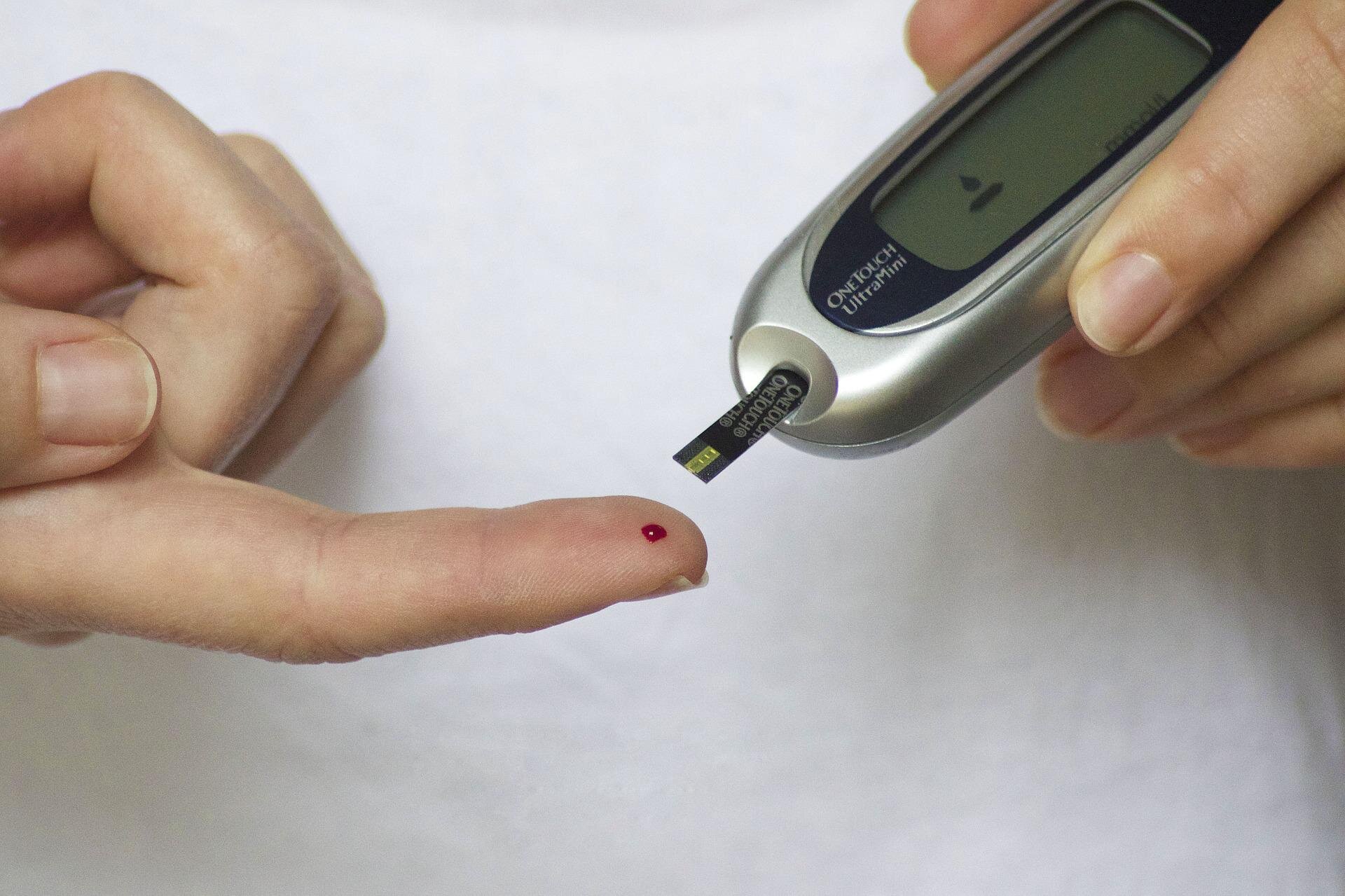Diabetes is a chronic illness that, if left untreated, can have a number of side effects on different body regions. These complications can range from cardiovascular disease and neuropathy to kidney damage and vision problems. Understanding how to prevent these complications is crucial for maintaining a good quality of life. Effective diabetes management involves a combination of healthy eating, regular physical activity, medication adherence, and routine health monitoring. Here are key strategies to help prevent diabetes complications and ensure better health outcomes.
Maintaining a Healthy Diet
A healthy diet is fundamental in preventing diabetes complications. A balanced diet that is high in whole grains, lean protein, healthy fats, and an assortment of fruits and vegetables should be the main focus. Limiting intake of processed foods, sugary drinks, and high-fat foods can help maintain stable blood glucose levels. It’s also important to monitor carbohydrate intake, as carbohydrates have the most significant impact on blood sugar levels. Working with a dietitian to create a personalized meal plan can be highly beneficial.
Monitoring Health with Advanced Tools
Soberlink is one example of an innovative technology that can greatly help with health management by encouraging accountability and ongoing monitoring. As the Soberlink reviews points out, this cutting-edge approach works especially well for people with alcohol use disorders. Real-time monitoring and reporting are made possible by the wirelessly connected breathalyzer that comes with Soberlink. This instant feedback promotes general well-being by assisting consumers in staying in line with their health objectives. By incorporating Soberlink into everyday routines, people can better manage their health and make educated lifestyle decisions.
Regular Physical Activity
Regular exercise is another critical component in managing diabetes and preventing complications. Physical activity helps control blood glucose levels, improves cardiovascular health, and aids in weight management. Aim for at least 150 minutes of aerobic activity at a moderate level per week, in addition to two or more days of muscle-strengthening activities. Activities such as walking, cycling, swimming, and resistance training are excellent choices. Before beginning a new workout program, always get medical advice.
Medication Adherence
Taking prescribed medications as directed is vital for managing diabetes effectively. This includes insulin and other diabetes medications that help regulate blood sugar levels. Consistency is key—missing doses or not following the prescribed plan can lead to uncontrolled blood sugar and increase the risk of complications. Using reminders or setting alarms can help ensure medications are taken correctly. Additionally, regular follow-ups with healthcare providers can help adjust medications as needed based on changes in health status.
Routine Health Monitoring
Regular health check-ups and screenings are essential for early detection and management of diabetes-related complications. This includes regular blood tests to monitor blood sugar levels, cholesterol, and kidney function. Eye exams, dental check-ups, and foot exams are also crucial, as diabetes can affect various parts of the body. Keeping track of these appointments and staying informed about your health status can help manage and prevent complications effectively.
Conclusion: Taking Charge of Your Health
In conclusion, preventing diabetes complications requires a proactive approach that includes maintaining a healthy diet, engaging in regular physical activity, adhering to medication regimens, and routinely monitoring health. Utilizing advanced tools like Soberlink can enhance accountability and support overall wellness. By taking these steps and working closely with healthcare providers, individuals with diabetes can reduce the risk of complications and maintain a better quality of life.




